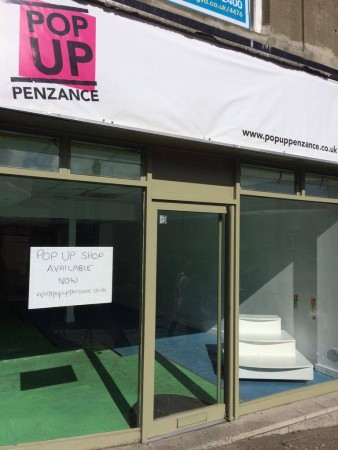Youth activities, community food initiatives and heritage schemes are among those selected for inclusion in the second year of the Co-operatives UK-led Community Economic Development (CED) programme.
Twenty new groups are receiving help with improving their community economic development plans. Each will work with an experienced adviser, will benefit from a £5,000 grant and will have access to specialist technical support in diverse areas including community enterprise, finance, stakeholder engagement and asset acquisition/development.
The programme will also continue support for 10 communities as they continue work on elements of the CED plans they developed in 2015. This includes securing funding for investment or business development and delivering larger-scale projects.
The government-backed initiative forms part of the Department for Communities and Local Government’s (DCLG) suite of community rights support programmes.
“It’s great to see that the ambition and drive shown by local people through the Community Economic Development programme is making a real change to the economic, social and environmental health of their communities,” said Andrew Percy, communities minister.
“The achievements shown over the past year indicate a real enthusiasm both from communities themselves and from those working in local growth and economic development.
“I have no doubt that the second year will see a further demonstration of this approach to improving local economies, as an important way of ensuring that everyone benefits.”

Communities throughout England are taking part. In Cornwall, the St Austell Bay Economic Forum aims to revitalise the local area through ceramic-based educational projects, festivals and public art, while Pop-up Penzance will pilot youth markets as part of the programme to engage with young entrepreneurs, and develop a plan to support them.
In Cumbria, Brampton and Beyond Community Trust is working with businesses across a large rural area to create jobs, develop new businesses and increase inward investment.
Other groups are tackling a rash of problems in Blackpool – from the high number of closed shops to social issues; responding to the proliferation of low-skilled jobs in Dorset; and working on a project to revitalise local communities in London.
Related: The Hive awards £45,000 worth of expert advice to co-ops
“It’s really exciting to see a second wave of groups set about delivering real economic change in their neighbourhoods,” said Ed Mayo, Co-operatives UK secretary general.
“Communities know the challenges they face better than anyone and – with the correct backing and support – are ideally placed to put solutions in place. We’re already set to see the huge impact the CED programme can have on people’s lives.”
The first year’s programme successfully supported 49 local community groups and organisations, tailoring plans and identifying practical opportunities to improve the economic health of each area.
Residents from the Collyhurst Big Local community in Manchester, for example, have been growing vegetables and running food workshops with help from Groundwork, an environmental regeneration charity. With support from Co-operatives UK they are now looking at setting up a community shop to sell locally grown produce.
In County Durham, residents in Byers Green focused their CED plan around improvements to social care and transport opportunities for local people.
“Declining amenities in Byers Green have hit residents hard,” said Mr Mayo. “But as a result of CED residents are looking forward a new community-owned shop that will also act as a local hub – and further plans are in place to tackle local transport and social care issues.
“That’s just one example from last year’s programme and thanks to DCLG support we are on course for a second round of success stories.”